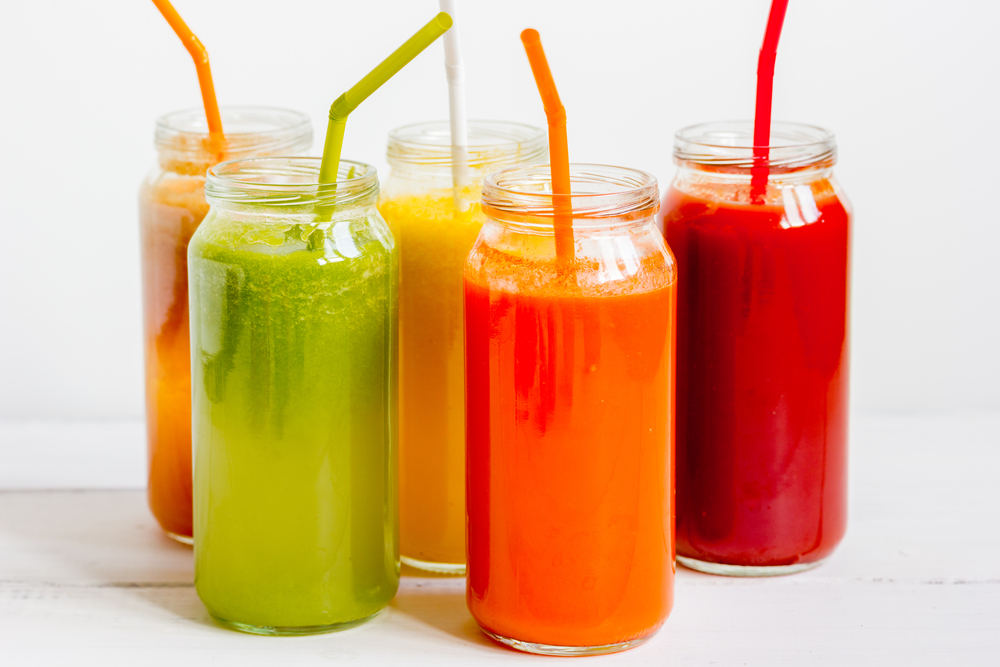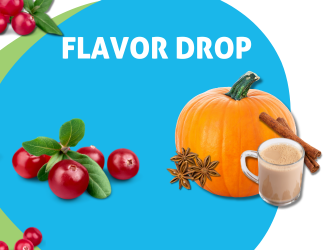
To the casual observer, ‘cleaning up’ our food sounds like an eminently sensible thing to do. But where is the clean label trend going, and is ditching every ingredient you can’t pronounce really the key o fixing the ‘broken’ food system (as Panera implies in recent ad) or improving the health of people and the planet?
Many food scientists — and dietician — would clearly beg toddler, and have been calling for a more nuanced debate on ‘chemicals’ in food for years. But the momentum behind the clean label movement is such that this is a bandwagon that no serious food marketer can afford to jump off, says Hartman Group SVP Shelley Balanko,PhD.
“Its about maintaining relevance for your target consumer,” she tells FoodNavigator-USA. “There was a time – probably a decade ago – where you could probably still say to a large mainstream brand, don’t worry about clean labels, but in a fairly short period of time, that sentiment [towards clean labels] has become mainstream.
“This is the food culture now, so of you want your brand to stay relevant, to have a future, this is the direction you’ve go to go.”
Do the clean label ‘rules’ apply to everyone equally?
But will ditching GMOs, aspartame or sodium benzoate materially improve the image or the fortunes of flagging legacy brands, and if not, might resources be better spent elsewhere?To put this in context, replacing aspartame with sucralose did not make Diet Pepsi cool again, and Unilever’s costly reformulation of I Can’t Believe It’s Not Butter did not prompt meaningful numbers of consumers to reassess the brand or category.
At the same time, products in on-trend categories such as plant-based ‘cheeses,’ ‘milks’ and ‘meats’ are garnering considerable consumer support despite the fact that many of them are packed with guys, starches, emulsifiers, stabilizers and other ingredients we’re told today’s consumers don’t want.
While this is a phenomenon that continues to frustrate the dairy lobby, it reflects both how complex this issue is, and that if shoppers feel warm and fuzzy about your brand or your motivations, they are willing to compromise a little when it comes to your label, says Dr. Balanko.
Read the full story on Food Navigator USA.



